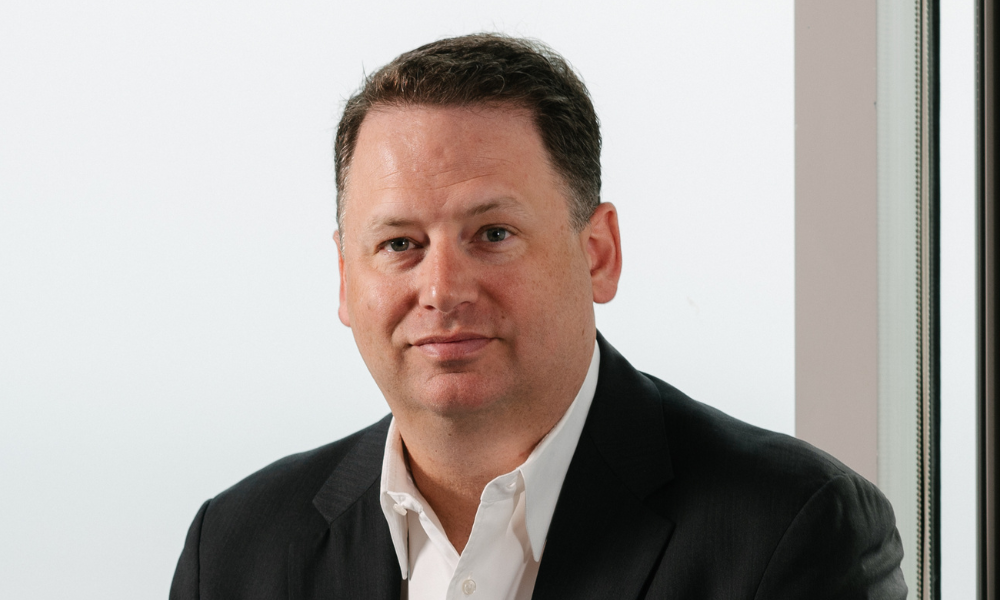

Not just hot. “Red hot.”
That’s how Shirl Penney, president & CEO at Dynasty Financial Partners, describes the RIA space right now in terms of both advisors going independent and M&A activity.
“If you look back over the last 10 years, we actually went from 400,000 advisors to 290,000 in the industry,” said Penney. “So fewer advisors, more people who need financial advice, more advisors going to the RIA space, annuitized revenue, essential service. That's why the space is red hot right now.”
Penney has been a proponent of RIA independence going back to his 2010 founding of Dynasty after a long tenure at Citi Smith Barney. Dynasty’s network now includes 55 firms representing more than 400 advisors, and the firm maintains more than $100 billion in assets on its core technology platform.
In fact, Dynasty grew more in 2023 than in any year since its founding. And, for the record, last year was also a big one in terms of overall RIA growth. A total of 2,200 advisors left wirehouses last year, with 787 of them going to independent channels, according to InvestmentNews’ Advisors on the Move database. That marked the sixth straight year in which more than 2,000 wirehouse advisors switched channels.
The heat of the moment can also be seen in industry M&A where the deals continue to pile up. And Penney says now is a good time for wealth managers looking not just to get into the RIA business, but to get out – once they have their ducks in a row.
“The most attractive firms for M&A in the space are the ones that are most professionally run, so I tell people to start early,” said Penney. “Make sure you have professional financials, that you've invested in the brand, you've invested in your technology, you have a succession plan, but most importantly, you can demonstrate growth, both in terms of top line and bottom line.”
As for those financial advisors courting all those suitors, Penney recommends they remain diligent even while sitting comfortably in the catbird seat. When choosing to sell one’s financial practice to a large, likely private equity-backed firm, Penney maintains that “fit is more important than price.”
“In general, the lower multiples in the space right now come with the loosest terms. If you want a higher multiple, you're going to have to give up a lot of terms,” said Penney.
In some cases, the seller is going to give up control, says Penney, adding that even in a minority investment there can be structure in a deal that potentially turns an unwitting entrepreneur into an employee. Under those circumstances, when advisors jump at the money being dangled before them, is most often when bad things happen, according to Penney.
Penney also believes that the Federal Reserve’s decision to cut interest rates will juice M&A in the space because of the lowered cost of capital. This is another danger area for advisors seeking to sell, according to Penney, especially due to the prevalence of roll ups in the industry.
“I think a lot of buyers are looking for businesses that are really made up more of missionaries versus mercenaries. And what I mean by that is those that are all-in on the business, that focus on having their clients have a relationship with the brand, and they're committed to the firm versus those that maybe took a recruiting package to go to a roll up, but after 6 or 7 years can leave,” said Penney.
In Penney’s view, investors are looking to invest in businesses that have committed advisors because they want that long term annuitized revenue stream. And they don’t want the risk of advisors leaving down the road and taking their clients with them.
“If a business has that model and high debt, they could be into some challenges going forward,” said Penney.
Finally, from a client's perspective, Penney believes there should be more disclosure, as they are often unaware of the significant economic benefit an advisor may receive for jumping to another firm.
“Clients would be well advised to ask question such as: ‘Why are you making the move and what's in it for you? What are the economic incentives that you're going to be receiving for making the move between firms? Why is it better for me that you've now sold your firm to this other entity? Am I going to get better service? Am I going to get better technology and more access to the products?” said Penney.

The 25-year industry veteran previously in charge of the Wall Street bank's advisor recruitment efforts is now fulfilling a similar role at a rival firm.

Former Northwestern Mutual advisors join firm for independence.

Executives from LPL Financial, Cresset Partners hired for key roles.

Geopolitical tension has been managed well by the markets.

December cut is still a possiblity.
Streamline your outreach with Aidentified's AI-driven solutions
This season’s market volatility: Positioning for rate relief, income growth and the AI rebound
